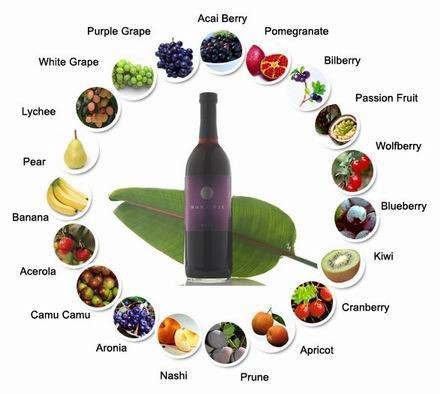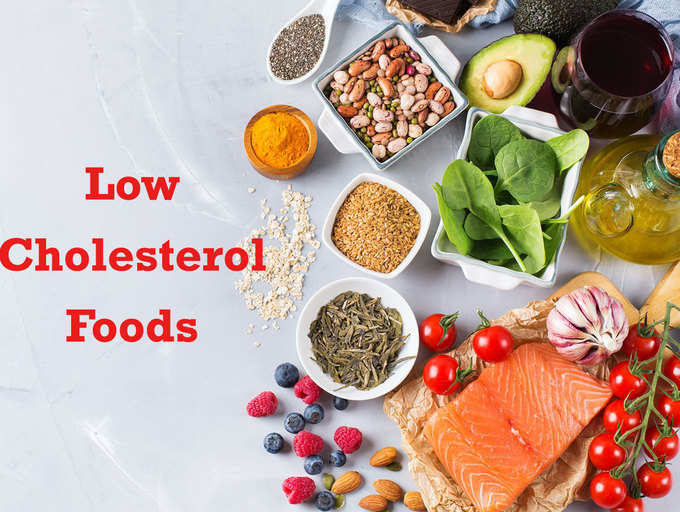
Cholesterol is a fatty substance produced by the liver, pancreas, and other parts of the body. It is a liposome, a unesterified, crystalline solid particle. Cholesterol exists naturally in small quantities and is found abundantly in oily fish, nuts, and poultry. Cholesterol is biosynthesis by all living cells and plays a vital role in the function of many cell membranes. Cholesterol plays an important part in the metabolism of fat.
Cholesterol, when stored in fat, works like an insulator in the body. Cholesterol helps to transport fat from one location in the body to another. Cholesterol also transports cholesterol and triglyceride molecules into fat cells where they can be used as energy. Cholesterol that enters the fat cell is used for energy production, usually in the liver. However, excessive amounts of cholesterol are harmful to the body and may lead to various heart disease conditions.
A high concentration of cholesterol can contribute to the formation of free radicals, which can cause damage to cell structure and DNA. Cholesterol is also the principal component of LDL, or low density lipoprotein, which is the most common form of cholesterol in the body. LDL carries LDL cholesterol to the liver where it is converted into VLDL cholesterol.
Raising blood cholesterol is not always a good thing. Raising blood cholesterol is also bad. When blood cholesterol levels rise, the liver produces more LDL to help remove cholesterol from the bloodstream. Some of the cholesterol is then returned to the bloodstream to help lower cholesterol levels in other parts of the body, such as the blood vessels. Some of the cholesterol is then deposited in the liver as triglycerides.
If cholesterol is stored in fat cells, they become prone to being broken down by lipase. Lipase is an enzyme that breaks down fats into monounsaturated fatty acids (MUFA) and trans fatty acids (TFA). Trans fatty acids can enter the bloodstream and cause further health problems.
On the other hand, triglycerides float in the bloodstream and act as a lubricant. They are carried to different parts of the body where they are used as energy. Triglycerides also serve as a storage medium for LDL cholesterol. and VLDL cholesterol. LDL cholesterol is not used as energy in the body, but is broken down in the liver and other tissues and excreted in the liver as triglycerides.

Excessive amounts of cholesterol in the blood cause many health problems, including coronary artery disease and heart attack
Elevated cholesterol levels cause high blood pressure, heart disease, stroke, arthritis, and various liver and kidney diseases.
Taking a daily cholesterol supplement will help maintain healthy blood cholesterol levels. A dietary supplement with a mixture of foods containing healthy fats will also be helpful in lowering blood cholesterol levels. You must make sure that your diet contains all the nutrients your body needs.
A healthy diet and exercise will not only keep cholesterol levels in the blood where they should be, but will also reduce the risk of heart disease and cancer. Exercise, for example, helps increase your metabolism, which causes you to burn more calories than you eat. This helps you lose weight, which helps to reduce the risk of heart disease.
Foods to eat are: whole grains, soybeans, nuts, and low-fat dairy products. Healthy saturated fats, such as fish and avocados, are also recommended. For the most part, healthy fats are found in fish and avocados and can also be found in nuts and peanut butter. Omega 3 and unsaturated fats (found in flax seeds, walnuts, and flax seed oil) are important too.
The foods and beverages you should avoid are: cholesterol-laden foods, fatty foods, and drinks high in saturated fat, and foods high in sugar. You should also avoid alcohol, caffeine, trans-fatty acids, and alcohol substitutes such as tea and colas. These products should be avoided, especially if you have high blood pressure or a family history of heart disease.
If you already have a healthy diet and exercise program, you may want to add an herbal supplement to your daily routine. Herbal supplements are available that help to lower cholesterol and raise the levels of HDL (HDL is a good cholesterol). They can help to decrease the amount of triglycerides in the bloodstream.
